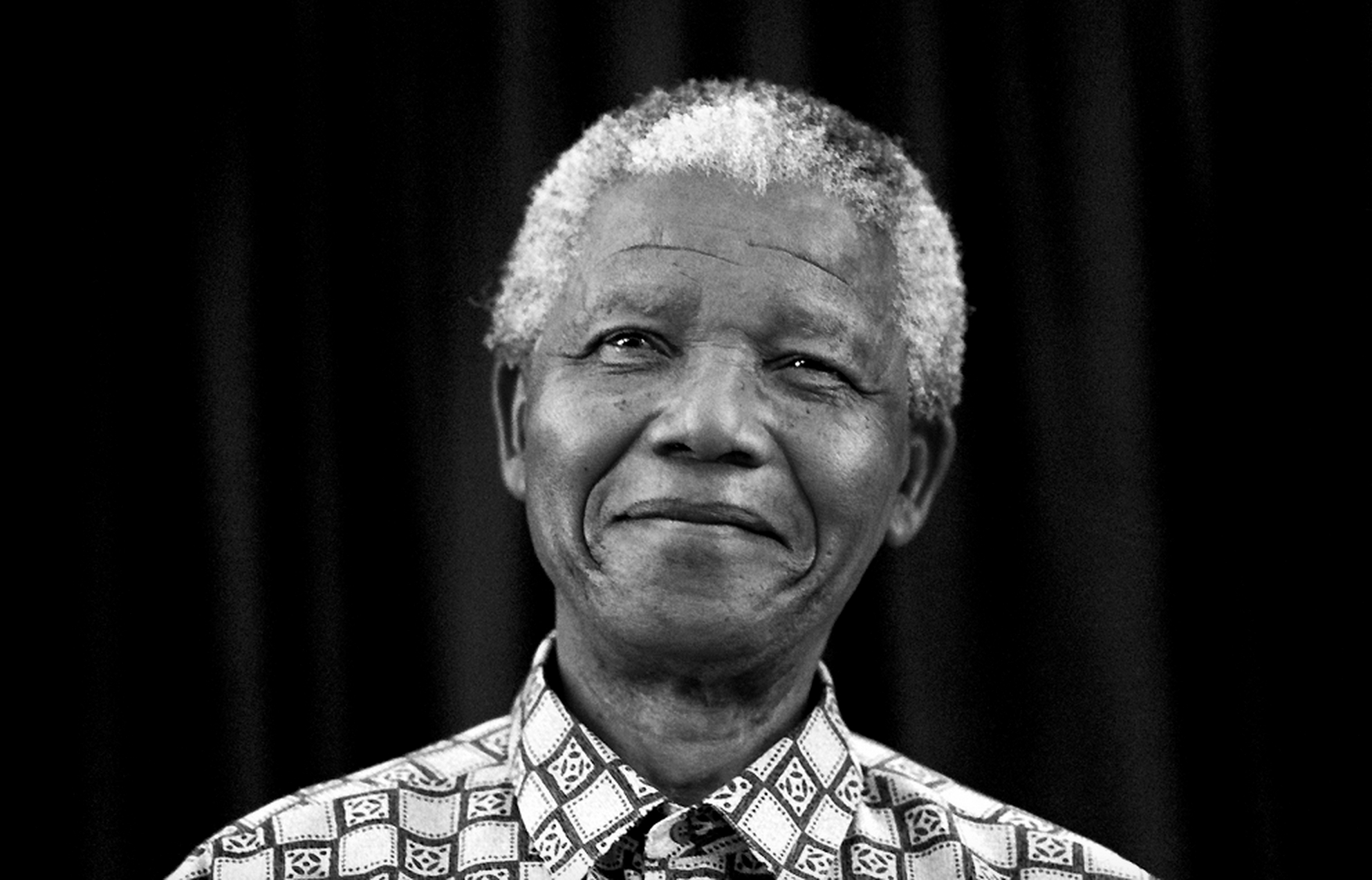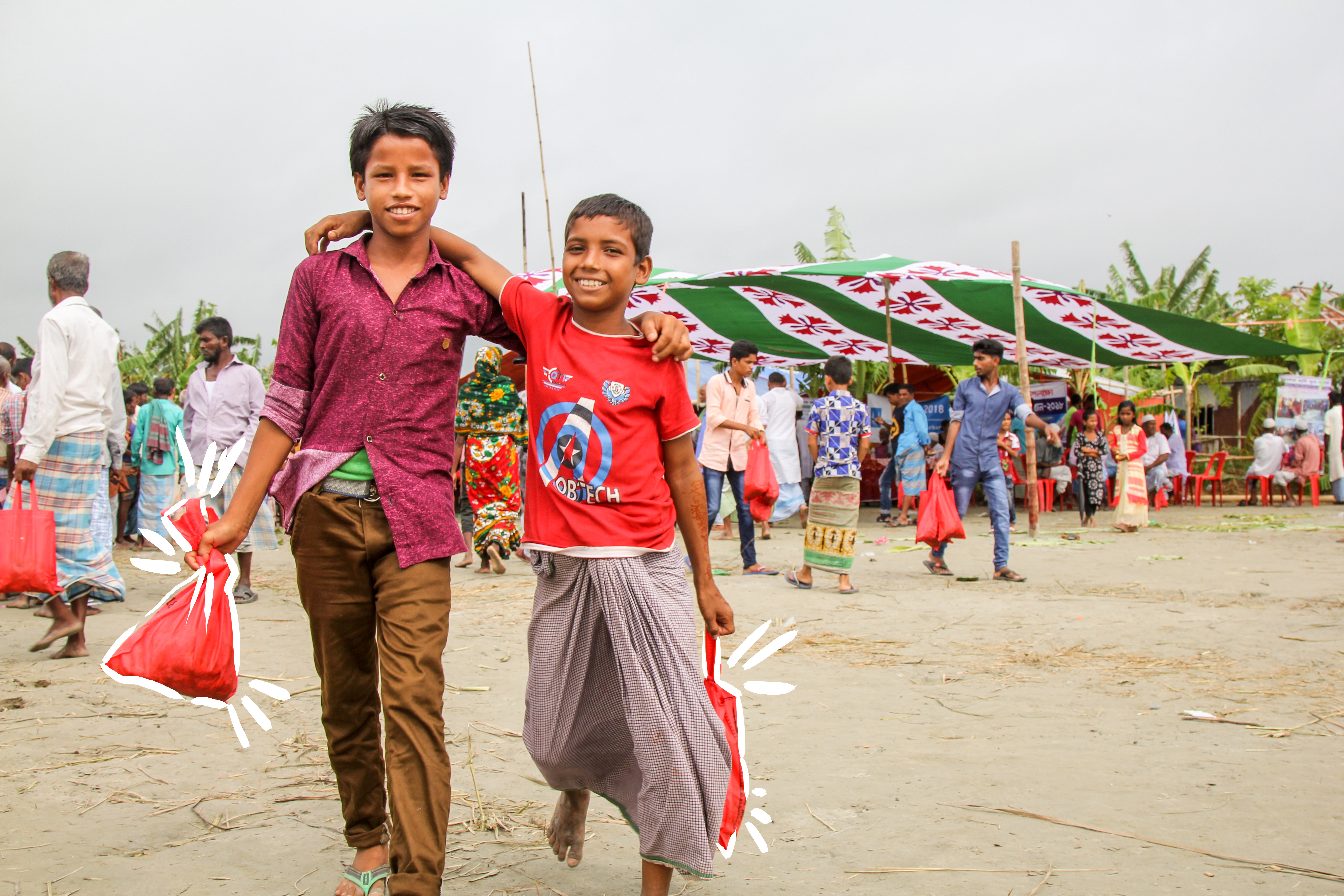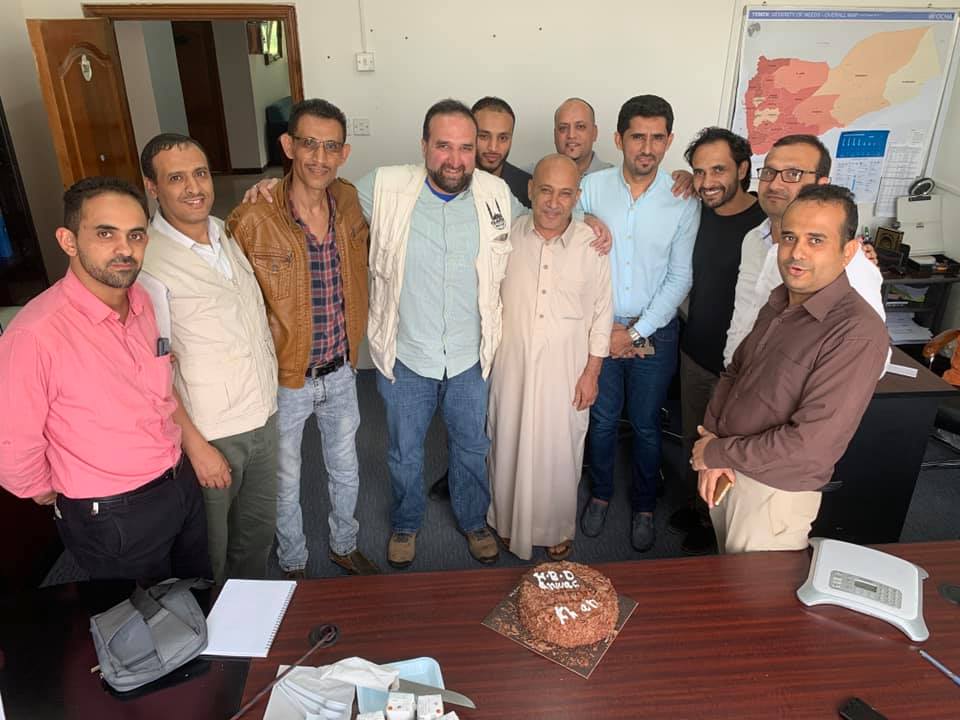Dar Al-Hijrah Holds Graduation Ceremony
Islamic Relief USA-Supported Sewing Academy
By Minhaj Hassan
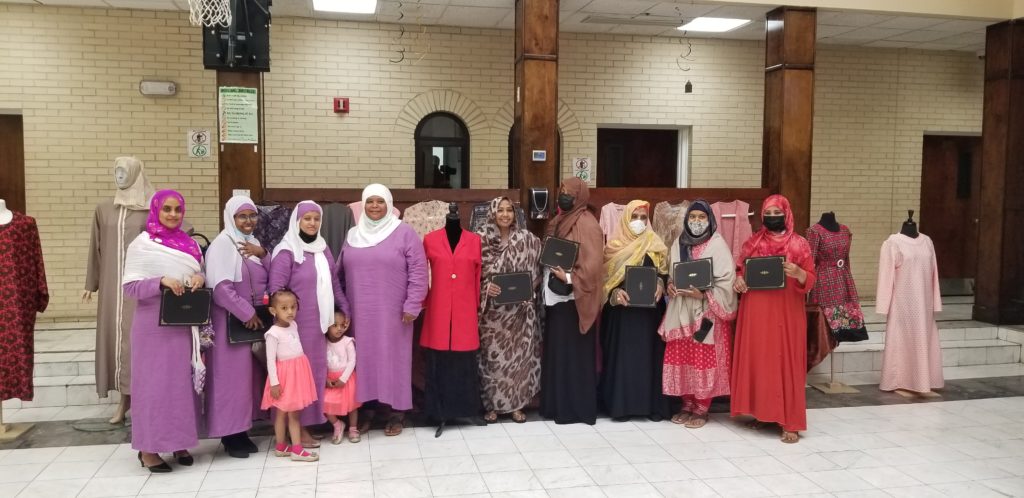
FALLS CHURCH, Va. – The Islamic Relief USA-supported Sewing Academy at Dar Al-Hijrah Islamic Center graduated its class of 12 women who enrolled in the academy’s spring semester.
The 17-week, 100-hour course started in February and concluded earlier this month. In addition to gaining useful and marketable skills in the creative design of fabrics, students said the classes helped them gain self-confidence and a sense of sisterhood, as they worked together and encouraged one another.
During the graduation ceremony on Tuesday, June 7, Aseel Elborno, IRUSA’s advocacy campaign specialist, praised the women for completing the course. “It’s so important we empower women to have these skills, wherever they go.”
Stacey Picard, assistant director of social services at Dar Al-Hijrah, declared, “Today, we celebrate you.”
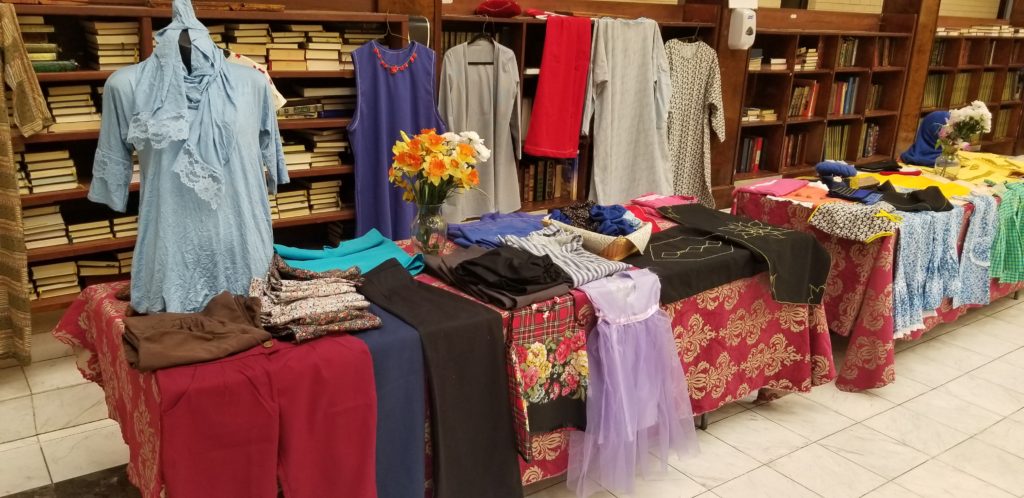
Some 200 women have completed the sewing course since its inception in 2013, made possible by grants from IRUSA, a nonprofit humanitarian and advocacy organization that has worked extensively with Dar Al-Hijrah.
Students come up with their own designs and patterns, producing items like abayas, bags, pillows, even face masks.
About half of this past semester’s students completed the beginner-level classes. Those students received a Singer sewing machine at the ceremony, which will enable them to continually practice sewing at home.
Another group of students completed advanced-level classes, producing things like commercial draperies and cushions, some of which adorn the rooms of the Islamic center. Those students received gift cards that can be used to purchase items from Jo-Ann Fabrics.
Most, if not all of the students who completed the beginner-level courses, go on to participate in the advanced level classes.
Picard said the budding seamstresses will get to sell their goods at the mosque’s thrift store, providing them a taste of entrepreneurship. She said the graduates will get to keep 70 percent of the revenues, while 30 percent will go toward the store’s operations.
Graduates were grateful for all the tangible skills — and emotional benefits — the course provided them.
“I never sewed anything. This is my first time,” said Salwa Mangil, who arrived to the United States from Sudan only four years ago. “I never touched a sewing machine.”
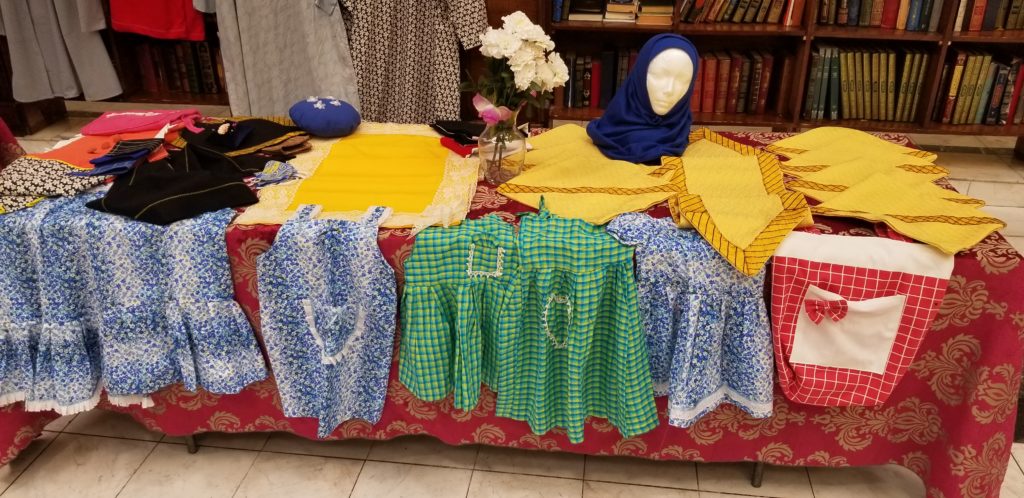
But her curiosity and sheer diligence led her to creating so many items, filling up an entire display table. Among the items that were showcased were table covers and runners, infant dresses, and aprons.
Mangil plans to take the advanced-level classes in the fall, and hopes to eventually start a home-based sewing business.
Antonia Muhammad is another recent graduate who learned sewing from scratch.
“I didn’t even know how to thread a bobbin,” she said as she showed the purple abaya and white headscarf she made.
She has learned skills that she knows will save her some money as she won’t have to go to tailors as often.
“Now I can fix my husband’s pants,” she joked.
At the commencement ceremony, Mohammad ended her speech saying, “I’m going to miss everybody.”

